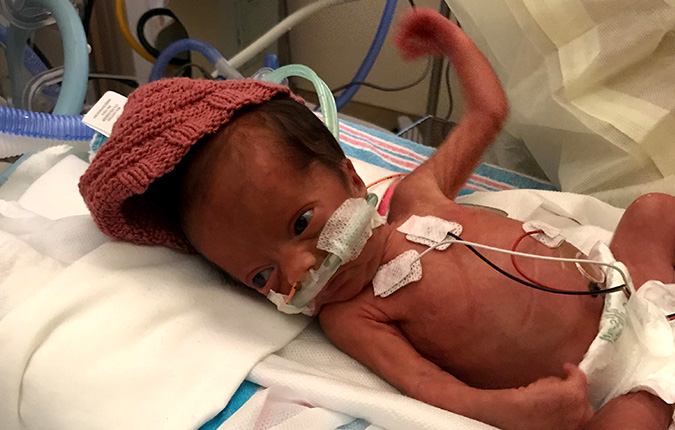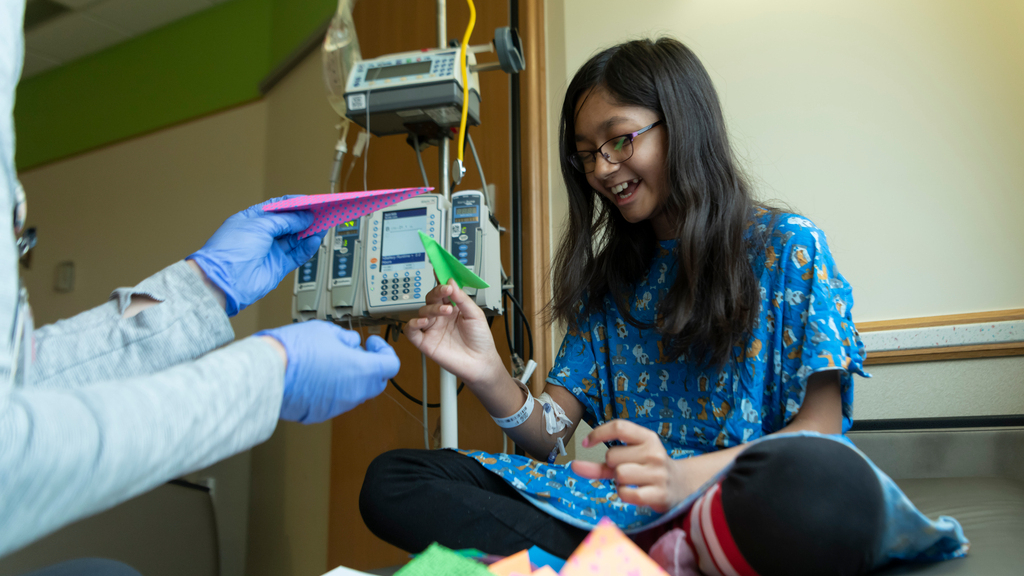Condition
Pediatric Tuberculosis
Key Points about Tuberculosis
- Tuberculosis (TB) is an ongoing (chronic infection) caused by bacteria. It usually infects the lungs. But other organs such as the kidneys, spine or brain may be affected.
- A child can be infected with TB bacteria and not have active disease.
- The most common symptoms of active TB include fever, cough, weight loss and chills.
- TB is diagnosed with a TB skin or blood test, chest X-ray, sputum tests, and possibly other testing or biopsies.
- TB treatment requires medicines for a few months. The amount of time and the number of medicines needed varies depending on the stage of TB and other factors. Treatment for active TB may include a short-term hospital stay to be treated with medicine.
Frequently Asked Questions
What is tuberculosis in children?
What causes TB in a child?
Which children are at risk for TB?
What are the symptoms of TB in a child?
How is TB diagnosed in a child?
How is TB treated in my child?
How can I help prevent TB in my child?
When should I call my child’s healthcare provider?

Infectious Diseases Treatment at Children's National Hospital
Our Division of Infectious Diseases is the major referral center for infectious diseases in the Washington, D.C., area, helping thousands of young patients each year with contagious conditions. Discover more about the treatments we offer.

Providers Who Treat Tuberculosis
 Aasha's Rare Gift Will Help Other Babies Grow up Healthy
Aasha's Rare Gift Will Help Other Babies Grow up HealthyTesting the descrption field
Departments that Treat Tuberculosis

Infectious Diseases
Our Division of Infectious Diseases is the major referral center for infectious diseases in the Washington, D.C., area, helping thousands of patients each year, and actively promoting prevention through community outreach and education.








